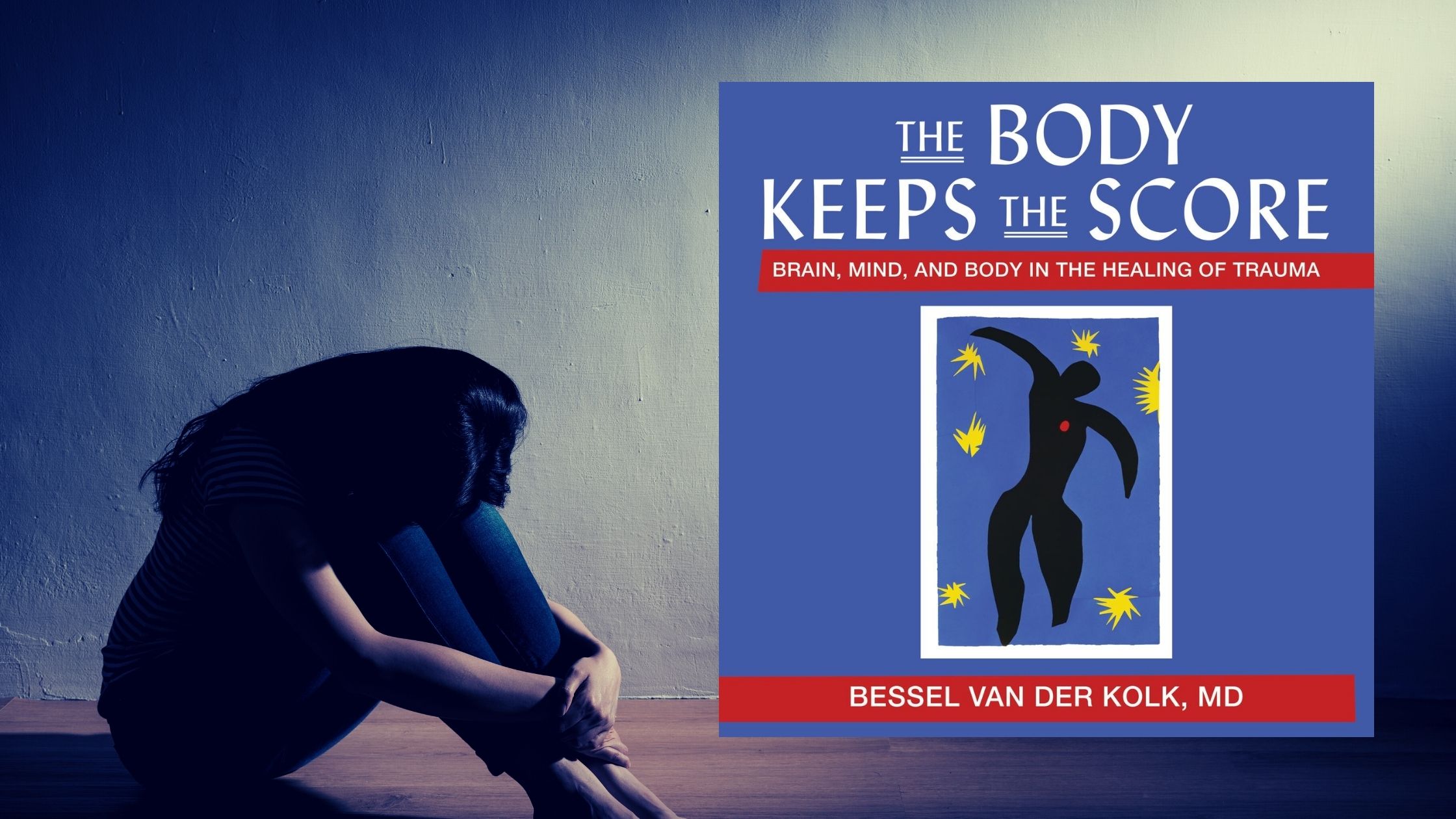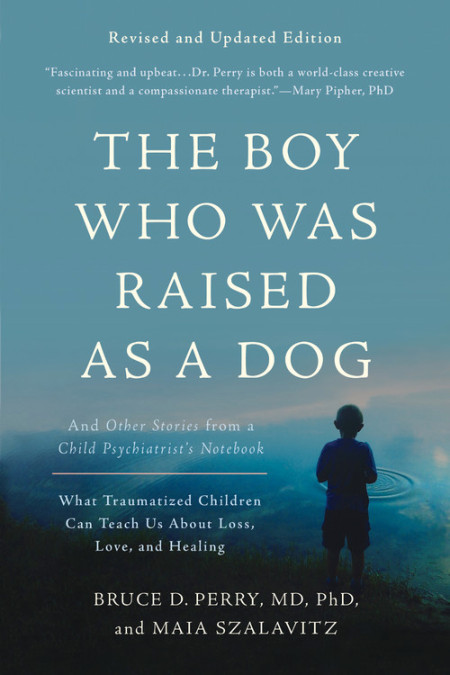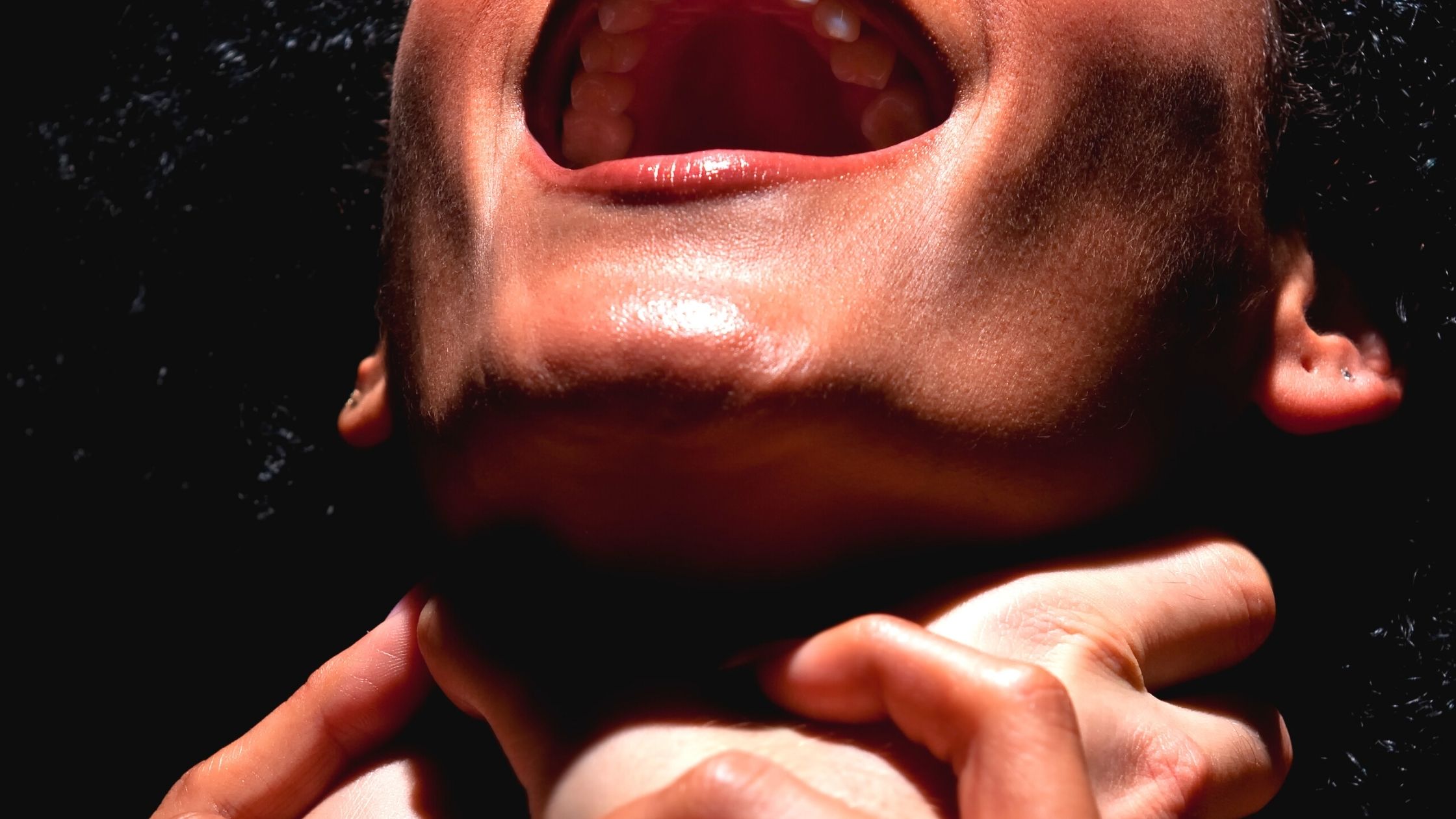Why Your Out-of-Control Sex Drive Could Be a Product of Trauma
I recently came across a study that established interconnections between trauma, the self-conscious emotions (i.e., guilt and shame), and hypersexuality. The tendency towards hypersexuality appears especially strong among male trauma survivors. A summary of the findings from the study can be found here. The study’s findings stirred up a few interesting questions in me. First, what is it about experiences of trauma that evoke guilt and shame–emotions that make us question the stability of our social bonds and membership? Second, what is an easy way to tell that certain expressions of sexuality may be unhealthy responses to trauma? And third, why would hypersexuality be a common way of coping with the guilt and shame associated with trauma? Why Guilt and Shame The fact that guilt and shame are so closely linked to trauma is a bit of a head scratcher at first glance. For one, traumatic experiences are so varied. Each “type” of traumatic experience has its own emotional nuances so it seems a bit odd that guilt and shame would be so consistently linked …





